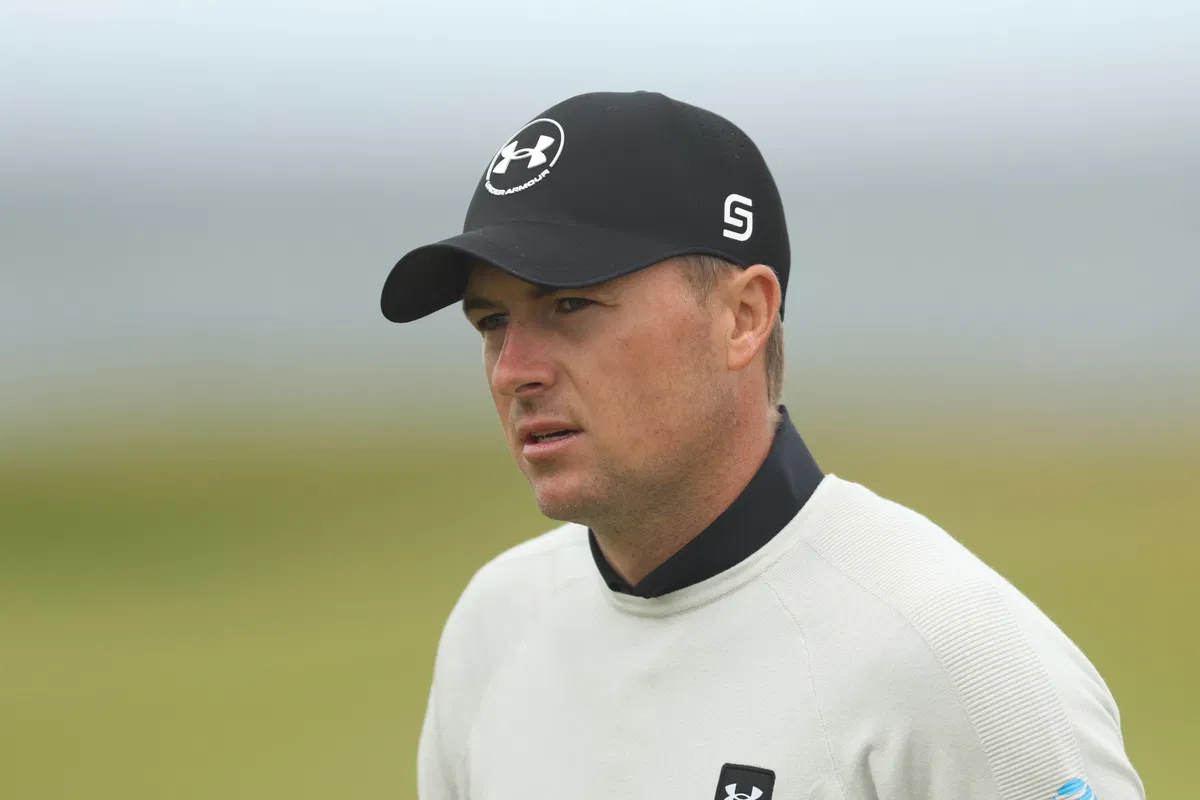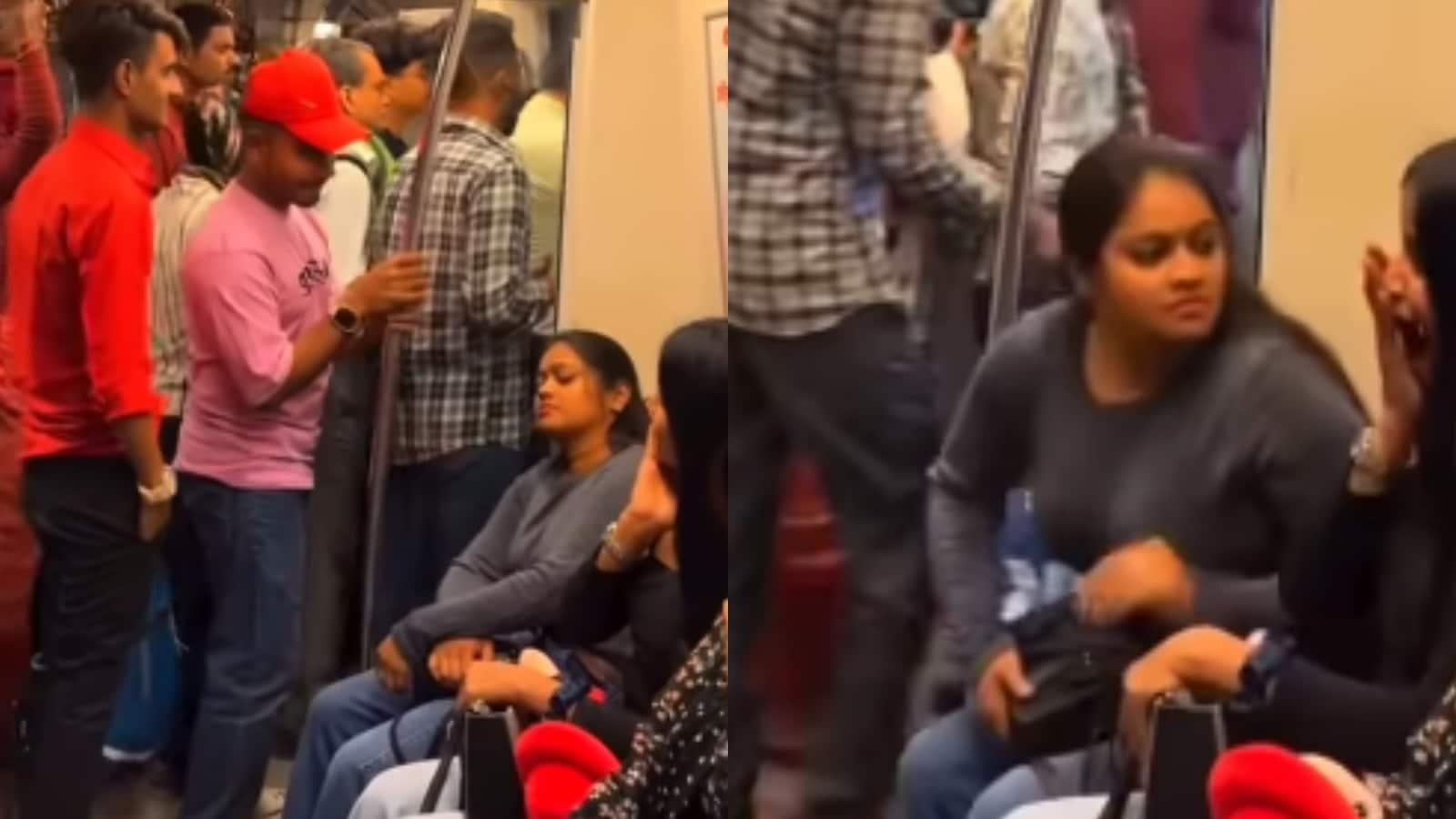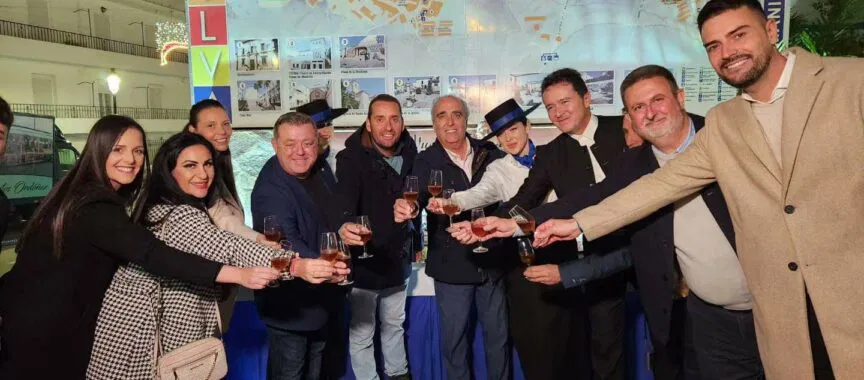Copyright Essentially Sports

The PGA Tour hired Brian Rolapp from the NFL for a reason. They wanted someone who understood competitive structure. Someone who believed in meritocracy. Rolapp took the job, promising to make every event matter. That was the vision. Now it’s fall 2025. Jordan Spieth sits 87th in the standings. He hasn’t played since August. He won’t play until January. And he’ll still tee it up at Pebble Beach. Rolapp must wonder what happened to the vision. Jordan Spieth hasn’t hit a competitive shot since August. His last appearance came at the FedEx St. Jude Championship, where he finished T38. Since then? Radio silence. He currently sits 87th in the FedEx Fall standings. That’s a precarious position. Or at least it should be. Only the top 50 earn a full exemption into next season’s signature events. Yet Spieth remains unbothered. He’s skipping every fall event without offering any explanation. The reason? He doesn’t need one. The golf world took notice. @TheShotgunStart posted a clip on October 22, 2025, that sparked immediate debate. The video featured podcast hosts Andy Johnson and Brendan Porath discussing Spieth’s situation. “Sitting at 56th in the FedEx Cup standings, is it time for Jordan Spieth to tee it up in fall event to actually earn a spot into the first two Signature Events?” they asked. The post racked up 7,619 views. The conversation it triggered revealed something bigger than one player’s absence. ADVERTISEMENT Quick clarification on the numbers: Spieth finished the regular season at 56th, but the Fall Series operates as a separate points system. Since he hasn’t played any fall events while others keep competing, he’s dropped to 87th in the current fall standings. Spieth finished the regular season at 54th. Not terrible. But not safe either. Under the current system, players ranked 51-60 make up the “Aon Next 10.” They get temporary access to early-season signature events like Pebble Beach and Genesis. Four unique winners in fall events could bump Spieth out entirely. That should create urgency. Instead, he’s taking the entire fall off. Must be nice. ADVERTISEMENT “He doesn’t have to worry about it, though,” Porath noted during the podcast. The reason? Sponsor exemptions. The magical backdoor makes competitive standings almost quaint. Each signature event allows four sponsor exemptions for PGA Tour members. Spieth already received five of them during the 2025 season—at AT&T Pebble Beach Pro-Am, Genesis Invitational, RBC Heritage, Truist Championship, and the Memorial Tournament. Critics argue these exemptions undermine the Tour’s competitive structure, creating a backdoor that rewards past accomplishments over current performance. Johnson put it bluntly on the podcast. “The most interesting player in the Aon Next 10 is just saying, nah. I’ll take my whole off-season here because I know the safety nets of this uncompetitive tour.” The whole point of the fall system is to create competitive tension. Making every event matter. Spieth’s absence defeats that purpose entirely. Why grind when you can wait for the phone to ring? ADVERTISEMENT Read Top Stories First From EssentiallySports Click here and check box next to EssentiallySports “When you provide a spot, a back door like that, it’s almost a double impact,” Porath explained. “He gets into the events that don’t really need him. Like, Pebble Beach is fine with or without him. But Black Desert Utah would have been a home run if he’s there.” Spieth gets guaranteed access to the richest tournaments. Meanwhile, fall events that desperately need star power get ignored. The PGA Tour is already under heavy fire. Signature events drew criticism for creating unequal opportunity distribution. Smaller fields left many pros scrambling for starts. Now Spieth’s strategy reflects poorly on the entire Tour. It exposes the gap between the Tour’s meritocracy messaging and its actual structure. Commissioner Jay Monahan can talk about relegation and promotion all he wants. But when established stars bypass the system entirely, those words ring hollow. ADVERTISEMENT Jordan Spieth’s sponsor exemptions create a two-tier PGA Tour Fall events offer between $8-11 million in prize money. They’re legitimate competitions with significant purses. But when players like Spieth skip them entirely, that only reinforces their second-class status. Tournament directors need big names to retain sponsor engagement. Instead, they watch those names cherry-pick signature events. It’s a fascinating system—the events that need help most get abandoned by the players who could help them. Consider the contrast. Players like Jake Knapp and Garrick Higgo clawed their way into the top 60 through strong fall finishes. They showed up. They competed. They earned their spots. Meanwhile, Spieth sits at home, confident his phone will ring when Pebble Beach comes around. The AT&T tournament sponsor won’t forget their longtime brand ambassador. They never do. Funny how that works. ADVERTISEMENT The irony cuts deep. The PGA Tour restructured its entire calendar to make every event matter. They created the Aon Next 10 specifically to add competitive tension to the fall. Instead, the system’s loopholes let established stars opt out entirely. That’s not meritocracy. That’s favoritism dressed up in spreadsheet language. Sponsors pour tens of millions into signature events. They naturally want marquee names in their fields. Players like Spieth move the needle. AT&T didn’t sponsor Pebble Beach for decades to watch no-names compete. That’s basic business sense. But it directly contradicts the Tour’s positioning as a serious competitive sport. So which is it—entertainment or meritocracy? The Tour seems determined to avoid answering. “You want the best players on the field at the signature events,” one analyst noted. “But the usage of exemptions has made it difficult for the best players to be present on the field.” There’s the rub. Are the “best players” the ones playing the best golf right now? Or the ones with the biggest names and past accomplishments? Brian Rolapp must look at this situation and wonder how we got here. He’s tasked with making all events more relevant. Spieth’s absence undermines all three goals. “This is messed up,” Johnson said during the podcast. “This guy should be playing at least one [fall event].” Rickie Fowler and Jordan Spieth’s fall strategy exposes the PGA Tour safety net Spieth isn’t alone in this strategy. Rickie Fowler follows the same playbook. Fowler currently sits around 92nd in the FedEx Fall standings. He last played at the Zozo Championship in October 2025, finishing in the top 10. Then he vanished. Fowler skipped the Baycurrent Classic despite playing the event regularly in past years—no explanation given. No fall events entered. Just silence. And why not? The system rewards inactivity just as much as it rewards performance. The similarities are striking. Fowler received six sponsor exemptions during the 2025 season—one more than Spieth. His regular-season FedEx Cup finish was 48th. Better than Spieth’s 54th. Yet like Spieth, Fowler knows the system protects him. He’s a draw. Sponsors love him. So why grind through fall events when guaranteed invitations await? It’s a perfectly rational calculation. Just don’t pretend it’s meritocracy. Both players finished their 2025 competitive seasons in the summer. Then they took extended breaks. The Tour schedule is brutal. Players need rest. But the fall swing exists for precisely this scenario. Instead, Spieth and Fowler chose comfort over competition. They chose guaranteed paychecks over earning their spots. The Tour announced changes for 2026. They’re eliminating four previously allocated restricted sponsor exemptions for DP World Tour, Korn Ferry Tour, and Q-School players. It sounds like progress. Except here’s the catch—sponsors still maintain their four exemptions per signature event. Nothing fundamentally changes for players like Spieth and Fowler. They’ll still get their invitations. The backdoor stays wide open. Starting in 2026, there’s one additional exemption for players with 80 or more PGA Tour wins. That applies uniquely to Tiger Woods. The irony there is almost too perfect. Woods earned that through unprecedented excellence—15 majors, 82 Tour wins, decades of dominance. Spieth and Fowler are leveraging past accomplishments that pale in comparison. Yet they benefit from the same system that creates special pathways that bypass merit-based qualifications. This tension creates an identity crisis. Is the Tour entertainment or competition? Real sports leagues have promotion and relegation. The Tour wants that credibility. But it also wants the flexibility to ensure star power in its most significant events. You can’t have both. Eventually, something’s got to give. Spieth’s fall absence forces these questions into the open. His strategy isn’t wrong—it’s rational. He’s playing the game as it exists, not as it should be. The problem isn’t individual players exploiting loopholes. The problem is a system that creates those loopholes in the first place, then pretends they don’t exist. Rolapp promised every event would matter. Turns out some players matter more than the events themselves.



